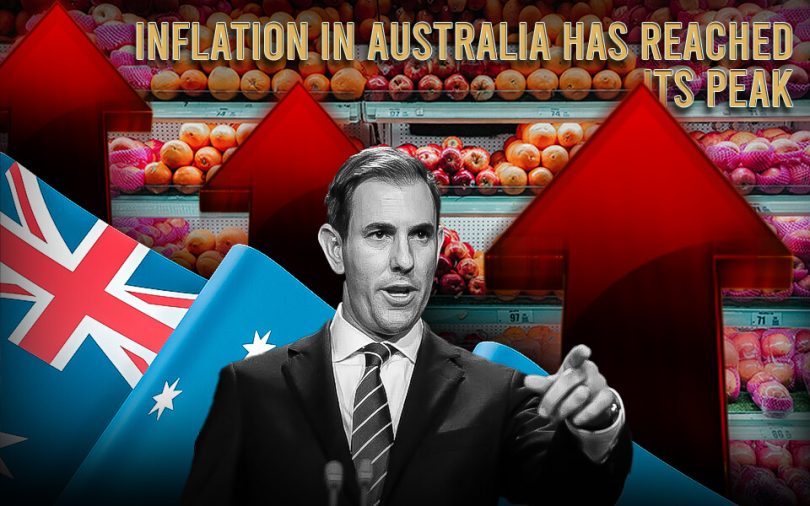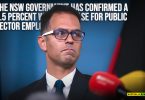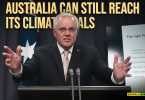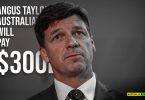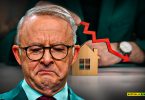Jim Chalmers, the treasurer of Australia, expresses his concern about the ongoing inflation in Australia. Expert economists in Australia are worried about the interest rates that are kept high by the RBA (Reserve Bank of Australia). High-interest rates to counter the economic pressure will burden the public. Also, higher inflation rates resulted in expensive holidays, higher electricity bills, and hiked food prices, said the Australian Bureau of statistics.
Chalmers said the inflation was less than expected. RBA forecasts an 8.0% inflation, but it was 7.75% last December, which was less than expected. In addition, Chalmers said, “ the ongoing Russia-Ukraine war affected Australia’s global supply chain (imports and exports).
“Our expectation and we hope that inflation has now peaked, but it will still be higher than we’d like for longer than we’d like even on the other side of the peak in inflation,” Chalmers said on Wednesday. “We need a government that’s focused on putting downward pressure on inflation, putting downward pressure on interest rates,” he said.
Chalmers, with his statements, seems dissatisfied with the government’s actions and silence on the current inflation crisis. He says, “We can’t just rely on the Reserve Bank to do all the work, and the government can do work. And right now, what we’re seeing from this government is hamfisted attempts or no plan at all.”
The Reserve Bank of Australia, earlier in December, lifted the interest rate of 3.1%, which stood at a ten-year high. The cutting down of the interest rate by the RBA helped the economic situation to be under control.
Commonwealth Bank economists have said that the Reserve Bank’s aggressive tightening cycle made interest rates rise rapidly from 0.1 percent to 3.1 percent in less than ten months and had minimal effect on price changes last year.
Prime Minister Anthony Albanese hopes for the current economic situation, listing government measures including cheaper prescription medications and free training, and “We’re starting to see wages go up for the first time in a while,” he said in a Sky News interview.
High inflation and interest rate hikes pressed the consumers’ purchasing capacity. The NAB data shows consumer expenditure in December fell 0.3%, and retail spending of the people fell 0.9%
Some signs of the rising cost of living pressures from both interest rates and high inflation are starting to dampen spending, with transaction data from NAB showing consumer spending in December fell 0.3 percent and retail spending fell 0.9 percent.
Domestic holiday costs rose by 13.3 percent over the December quarter, international travel costs rose by 7.6 percent, and electricity prices increased by 8.6 percent.
The cost of construction of new homes has increased by 1.7 percent in the December quarter, slower than previous quarters, despite the signs that material prices were low, Marquardt said. Annual inflation for new dwellings was 17.8 percent.
- Published By Team Australia News


